In a report published today (24 April), the national waste services firm suggests that while ‘increasing global standards’ for paper and cardboard collection can be met through a fully commingled system, “it is often more effective for local authorities to collect paper and card separately”.
Model
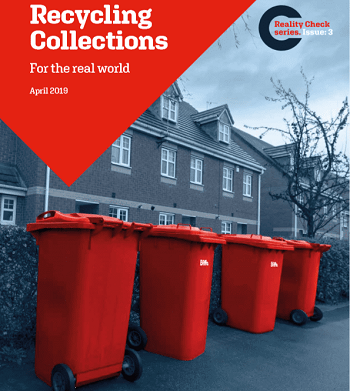
The company recommends a collection model for households of commingled recycling (plastics, metals, glass), alongside separate collection of paper and card, food waste, garden waste and general (residual) waste.
Biffa states that there is “ample evidence that the required high standards for end markets can be met through now well-established commingled collection systems and efficient, quality-oriented sorting facilities”.
The company said it operates such facilities, achieving quality standards that allow recyclates to be used as raw materials, meeting customer quality standards.
In its consistency consultation, Defra says it would expect local authorities to collect dry materials separately where this helps to increase quality. However, how these materials would be collected would be determined at local authority level.
Methods of collecting dry materials listed by Defra include: multi-stream (all dry materials collected separately); twin-stream (paper collected separately from other dry materials); and commingled (all dry materials collected together).
Biffa’s findings come in the third in the series of the company’s ‘Reality Gap’ reports, which set out Biffa’s recommendations to drive recycling forward.
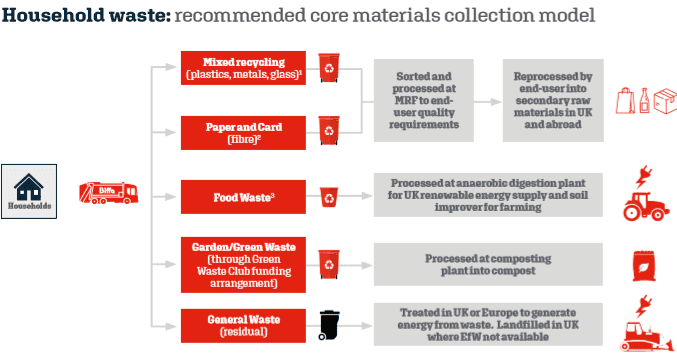
In the latest report, Biffa states that a ‘convenient, cost effective and productive system is the way forward,’ allied with collection frequencies people understand and simple, easy to use wheeled bins.
Labelling
Along with a “simple” collection system, Biffa states that there needs to be a holistic change to increase recycling rates. According to Biffa, confusion in labelling, sorting and collections are preventing UK households and businesses from turning waste into “vital” raw materials for the economy.
In the background to its report, Biffa explains that source material itself now typically includes a “confusing array” of different materials, often being used in combination.
Some packaging is hard or even impossible to recycle in practice, Biffa says, or its value has been lowered to the point where recycling “is not commercially viable at the present time”.
“There needs to simpler and more consistent packaging at source, designed for recyclability and using more recycled content, together with clear and consistent labelling for consumers.”
Jeff Rhodes
Biffa
The report’s author, Jeff Rhodes, head of environmental and external affairs at Biffa, said: “There needs to simpler and more consistent packaging at source, designed for recyclability and using more recycled content, together with clear and consistent labelling for consumers. This will feed into consistency at the collection end, reducing confusion about what can and can’t be recycled across the board. Personal responsibility is as important as producer responsibility.”
Businesses
In its report, Biffa also recommends allowing businesses control over their waste services. “Other than mandating separate food waste collection, the rest of the solution should be tailored to suit the needs of the customer and their waste streams,” the report states. “The fact is that businesses’ needs are too varied and there is no ‘one-size-fits-all solution’.”
Michael Topham, chief executive of Biffa, commented: “The way we organise our recycling efforts as a society is of fundamental importance. We need a system that is environmentally ambitious, easy to use and cost effective.”
Related Links
Biffa Report: Recycling Collections ‘For the real world’





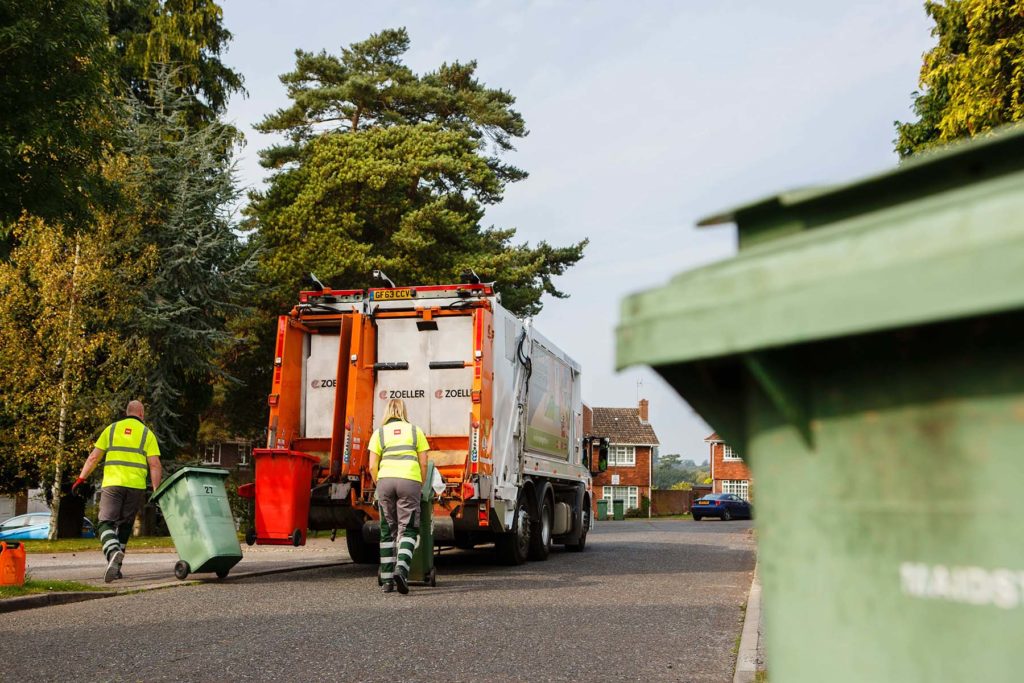


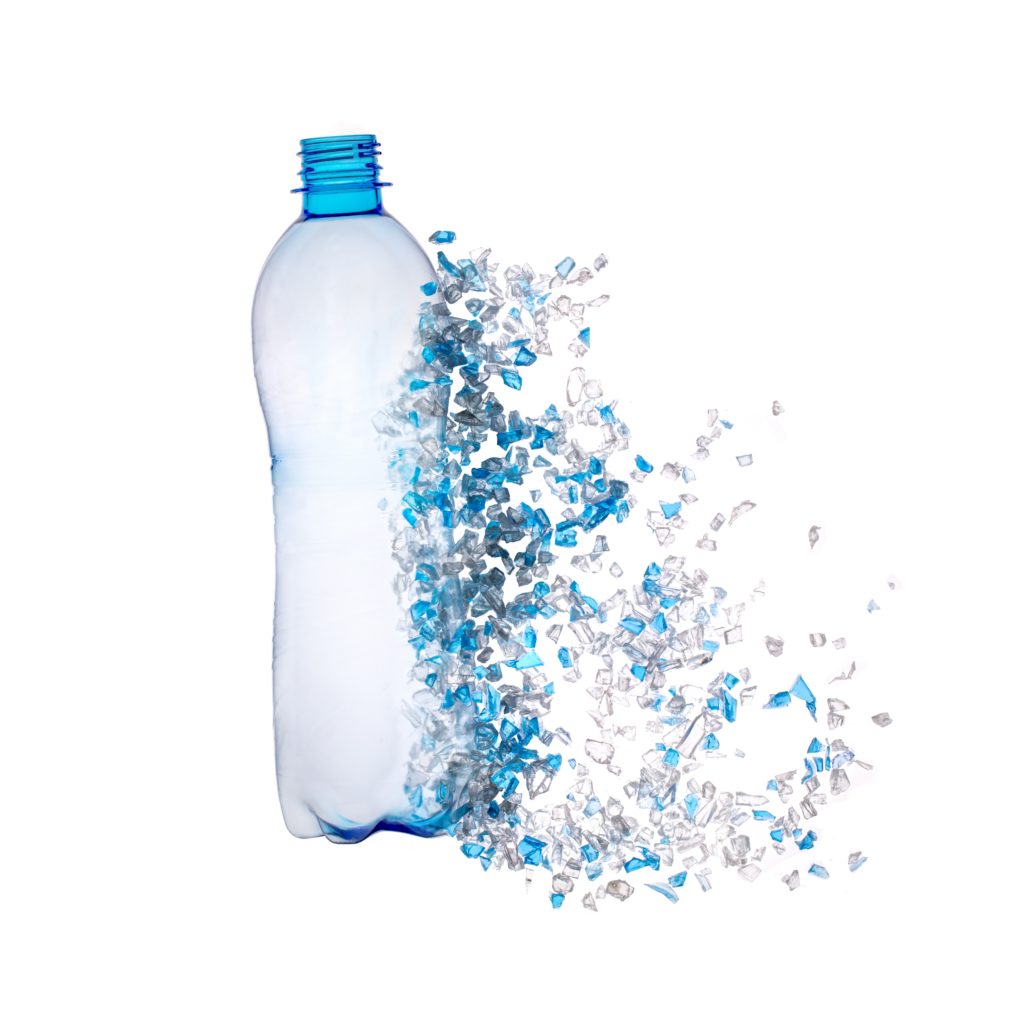
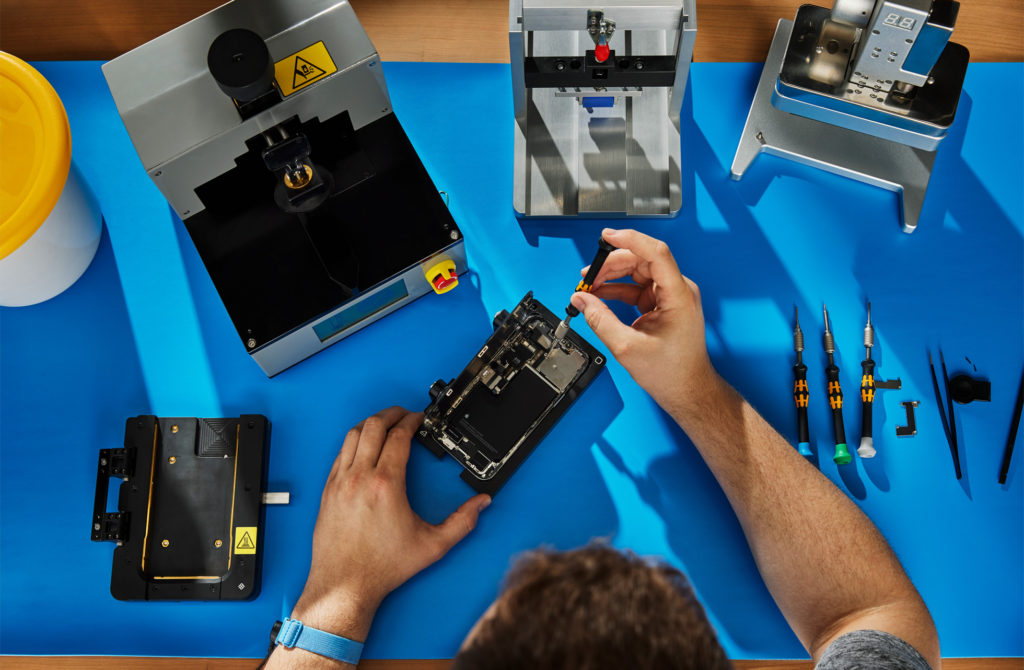
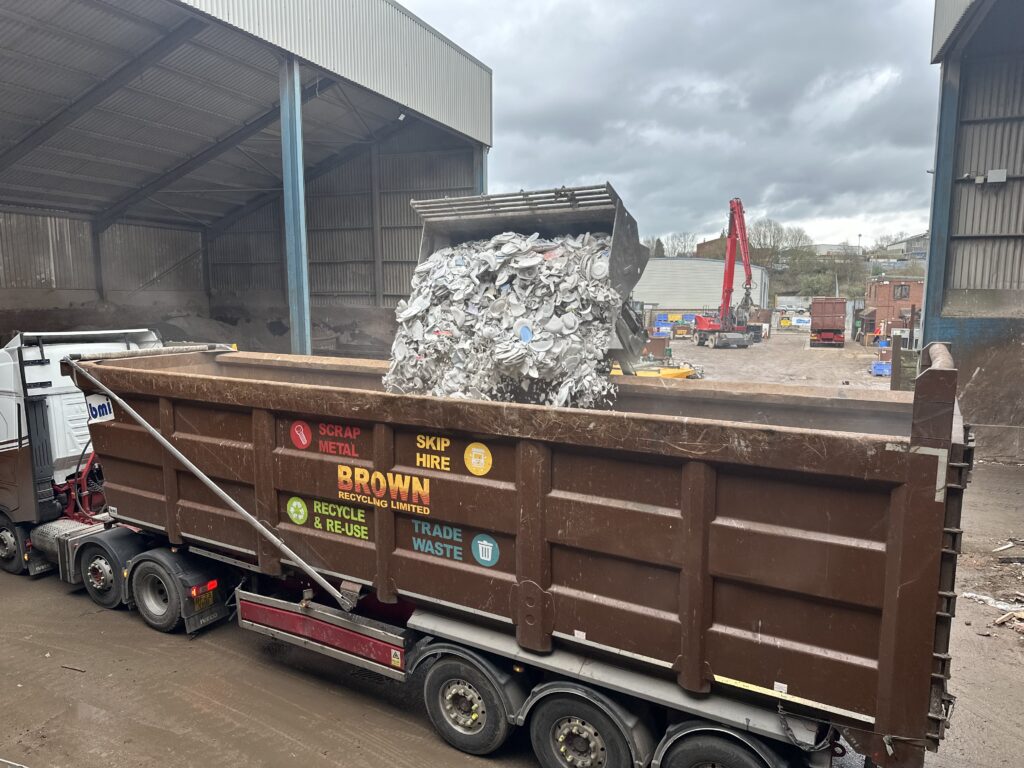


Subscribe for free